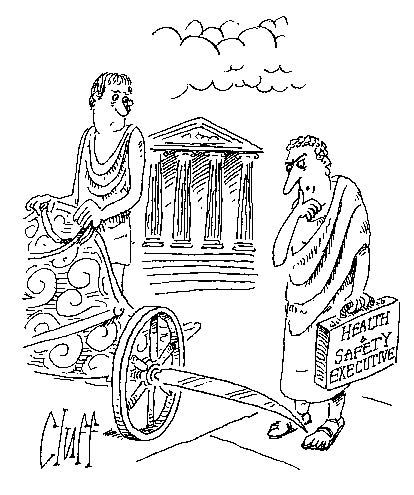Reading good books is like making love. Reading bad ones is like masturbating. I’ve just read three good ones, one of which got on my nerves because it was about a homosexualist, as opposed to a homosexual. Which in fact was what the other two were about. Now if someone had suggested to me long ago that I would be reading three books about three men who preferred their own sex, I’d have said they’d been puffing on the magic dragon, but that’s neither here nor there. I was curious to read about James Lees-Milne (by Michael Bloch) because, although I never met him, I knew and know some of his so-called straight friends. The other two are the biography of Somerset Maugham, by Selina Hastings, and of John Cheever, by Blake Bailey. But let’s start with Lees-Milne. The homosexualist.
Lees-Milne was — like the other two subjects — bisexual, but unlike the other two had no children. His was a benign idiopathic homosexuality, but he viewed things only through the prism of homosexual eroticism. Hence my calling him a homosexualist. Here was a man who fell in love with women, although the affairs were almost never consummated, a serious lover of beautiful old buildings, and a writer of note, whose whole life was shaped and influenced by his homosexual mentors and gay friends. Yet he had a horror of those who flaunted their proclivities and he often called such people buggers and homos. Mind you, this was the buttoned-up England of the Thirties and Forties, with no Elton Johns around to wave the gay flag.
Still, Lees-Milne emerges as a hell of a gay cat, cattiness being the operative word. He thought of many of his fellow gays as shallow, slick, sophisticated and absurd, adjectives I used to use about old queens who hung out around Monte Carlo in the Fifties. He adored the Nicolsons, Harold Nicolson having been his lover earlier on, only to see Alvilde, his wife, fall madly in love with Harold’s wife, the ghastly Vita, 30 years later. Nice upper-class stuff, but not my cup of tea. James adored Vita almost as much as his wife did, but without the cigar.
Lees-Milne is best known for his diaries, which I admit I never read. In his biography, however, I came across his mean-spiritedness and backbiting, waspish comments about friends of mine — all heterosexual, I may add — which I obviously didn’t like. In contrast, he refers to Rory Cameron and to his mother’s house on Cap Ferrat, La Fiorentina, as something exceptional. Actually, I went there about five times and thought it was the pits. Cameron was a grab-arse pansy, now long dead of Aids, who used the house to lure young tourists on board, his mother a terrible snob who pretended to come from something she didn’t come from. I smelled things early on and stayed away.
I have to admit, however, I couldn’t put the book down, and Michael Bloch — a fellow gay — has done tremendous research and writes with love for his subject. There was one passage that made me laugh and wonder how the white, upper middle class of England ever survived, by which I mean the species. There is a wedding lunch in Thurloe Square after James’s and Alvilde’s wedding. Of the five men present, all were homosexual, although three were married. Three of the five were Jim’s ex-lovers. ‘It was rather strained and uneasy,’ wrote Harold Nicolson of the lunch party. I bet it was.
When I read Selina Hastings’s biography of Waugh ten years or so ago, I was stunned by the extent of Waugh’s rampant homosexuality during his youth. I suppose it is an English thing, but the guy did have seven children, and with a woman, to boot. I was also pleasantly surprised by the beauty of the author, whom I tried to put the moves on during a Spectator summer party, but she would have none of it. Her book on Maugham is as wonderful as she is. I was once asked by a renowned Riviera ‘bugger’ when still in my teens to lunch at La Mauresque, Maugham’s grand villa. Like a fool I declined because I was intimidated.
By the time I discovered that writing is what life’s all about it was too late. The great man was dying, but I did visit the house with my friend Leonida Goulandris when it was put up for sale in 1965. Ronald Searle showed us around. The place reeked of old-fashioned sin and old-fashioned writing. If I had had the moolah back then, I would have bought it on the spot. Maugham is the most underrated writer in the world, and I read all of his works when I was young. In fact, for a while I wanted to be Larry Darrell, but then chose to be Dick Diver instead. I read Ted Morgan’s biography of the master 25 years ago and this one is just as good. How anyone can call his work sentimental slush is beyond me. In fact, how anyone can read a word by Martin Amis and Salman Rushdie is even more beyond me. But I’ve run out of space. I will get back to John Cheever in future, but, for the moment, while still recovering from partying, I plan to read Marcus Scriven’s splendid book on yet another terrific bugger, John Bristol, a man who makes everyone I’ve mentioned above sound like choirboys.







Comments